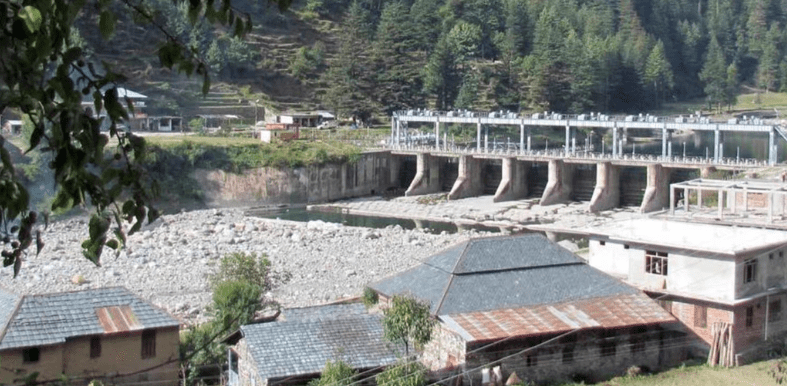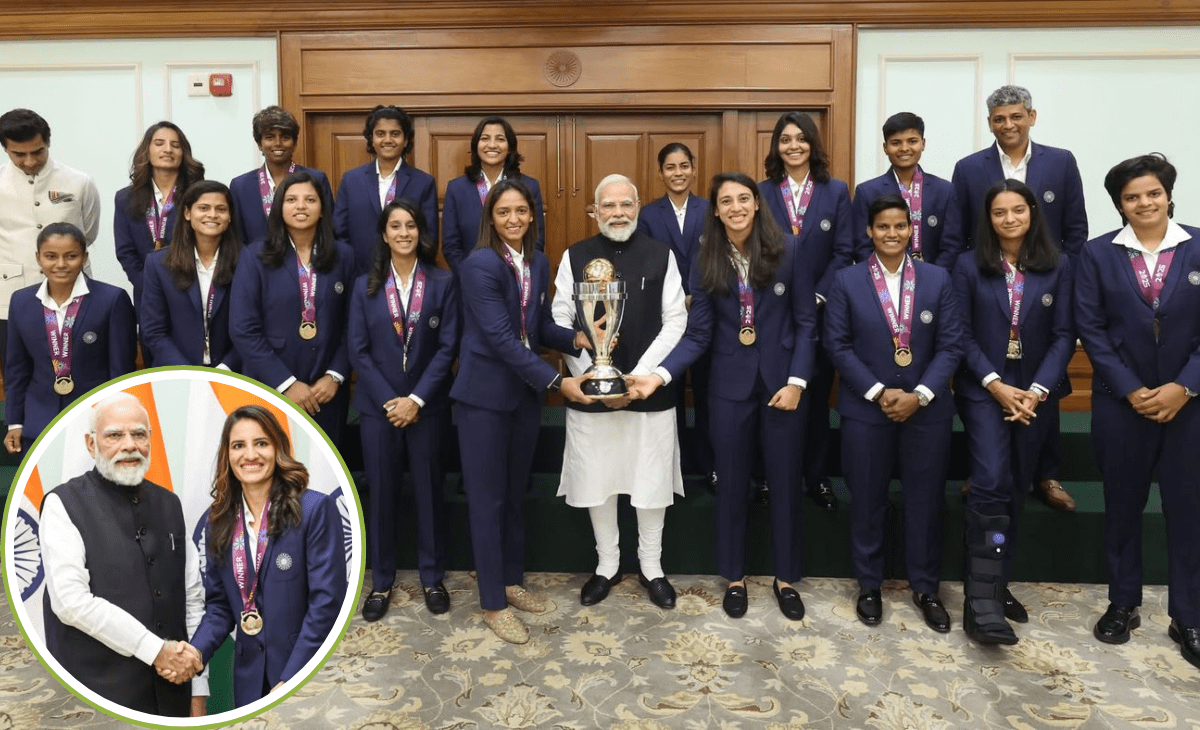Mandi, Himachal Pradesh – In a significant legal setback for the Punjab government, the Himachal Pradesh government has successfully challenged Punjab’s petition regarding the Shanan Hydro Power Project located in Jogindernagar.
During the hearing on Monday, the Himachal government submitted an application to dismiss Punjab’s petition, arguing that the project area does not fall under territory transferred from Punjab, thus making the Punjab Re-organization Act inapplicable.
Legal Grounds for Himachal’s Challenge
The Himachal government contended that Punjab’s claims lacked merit, asserting that the dispute does not qualify as an inter-state conflict. The Shanan Power Project was established through a lease agreement in 1925 between the Raja of Mandi and the then Central Government. It was emphasized that Punjab was only granted operational control of the project due to Himachal not being a full state at that time, and the Himachal Electricity Board did not exist separately.
Lease Agreement Expiration and Implications
The lease agreement for the 110 MW Shanan Hydro Power Project expired on March 2, 2024. Himachal’s stance in the Supreme Court is that Punjab is not a signatory to this lease, thus cannot invoke Article 131 of the Constitution against the rightful landowner. A team of senior advocates, including Kapil Sibal and Advocate General Anoop Ratan, represented Himachal in this case.
Also Read:https://thenewzradar.com/arni-university-chancellor-dr-vivek-singh-honored-in-british-parliament/
Supreme Court Proceedings
Following the arguments presented by Himachal, Justice Abhay S. Oka’s bench stated that the court would first consider the maintainability of Punjab’s petition based on Himachal’s application. The next hearing is scheduled for November 8, 2024. Notably, instead of returning the project to Himachal after the lease expired, Punjab opted to escalate the matter to the Supreme Court, claiming it was transferred to them under the Punjabi Re-organization Act.
Background of the Dispute
The Shanan Hydro Power Project, built during the British era, was completed in 1925 and awarded to Punjab on a 99-year lease. The original lease agreement was made between Raja Joginder Bahadur of Mandi and Colonel B.C. Betti, the Chief Engineer and British representative of Punjab. Despite the expiration of the lease, Punjab has been reluctant to relinquish its claim over the project.
Conclusion
The ongoing legal battle over the Shanan Hydro Power Project underscores the complexities of inter-state relations and the management of shared resources in India. As the situation develops, both states will be closely monitoring the upcoming Supreme Court proceedings, which could have significant implications for energy management and resource allocation in the region.






